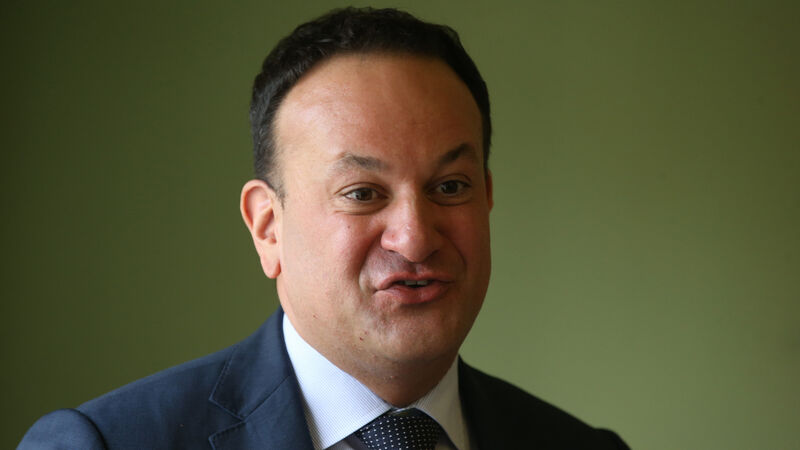Not every 'durable relationship' will be a family if referendum is passed, insists Taoiseach

Speaking in Dublin at the launch of the Fine Gael referendum campaigns, Leo Varadkar said that there is an impression that any people with a durable relationship will be classified as a family if the referendum passes. Picture: Stephen Collins/Collins Photos
Not all durable relationships will be classified as a family if proposed changes to the Constitution are agreed in the upcoming referendum, Taoiseach Leo Varadkar has said.
The referendum is seeking to amend the Constitution and expand the definition of the family beyond just marriage. This will be done by allowing families to be founded on either marriage or other ‘durable relationships’.














